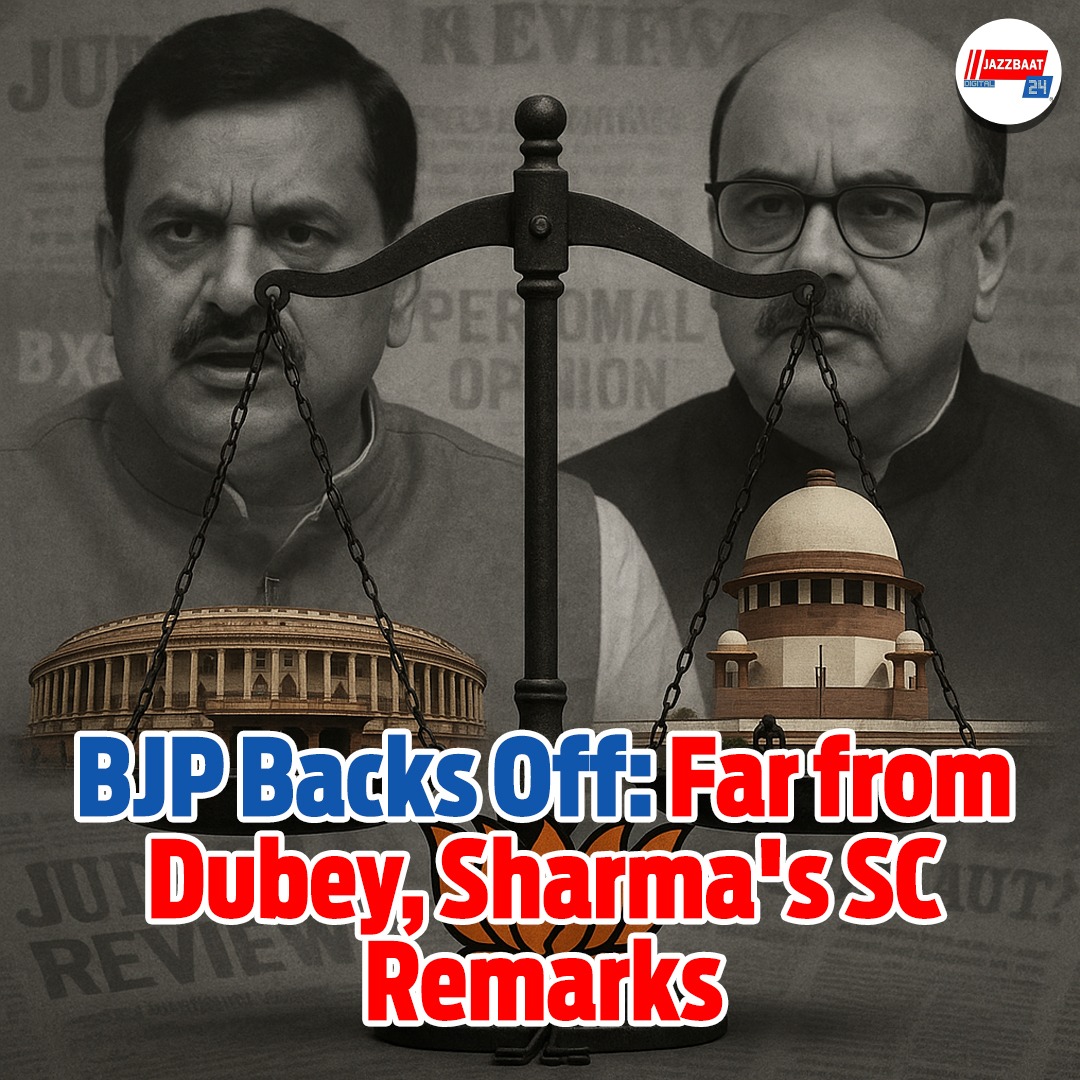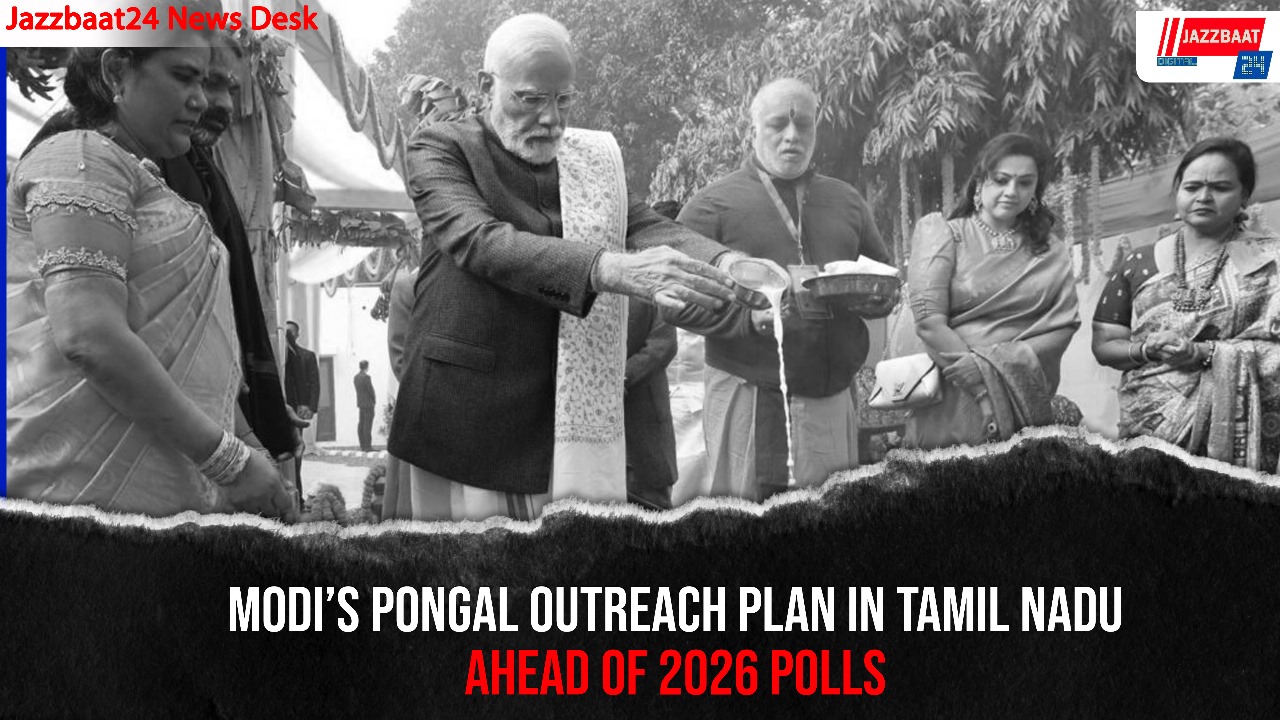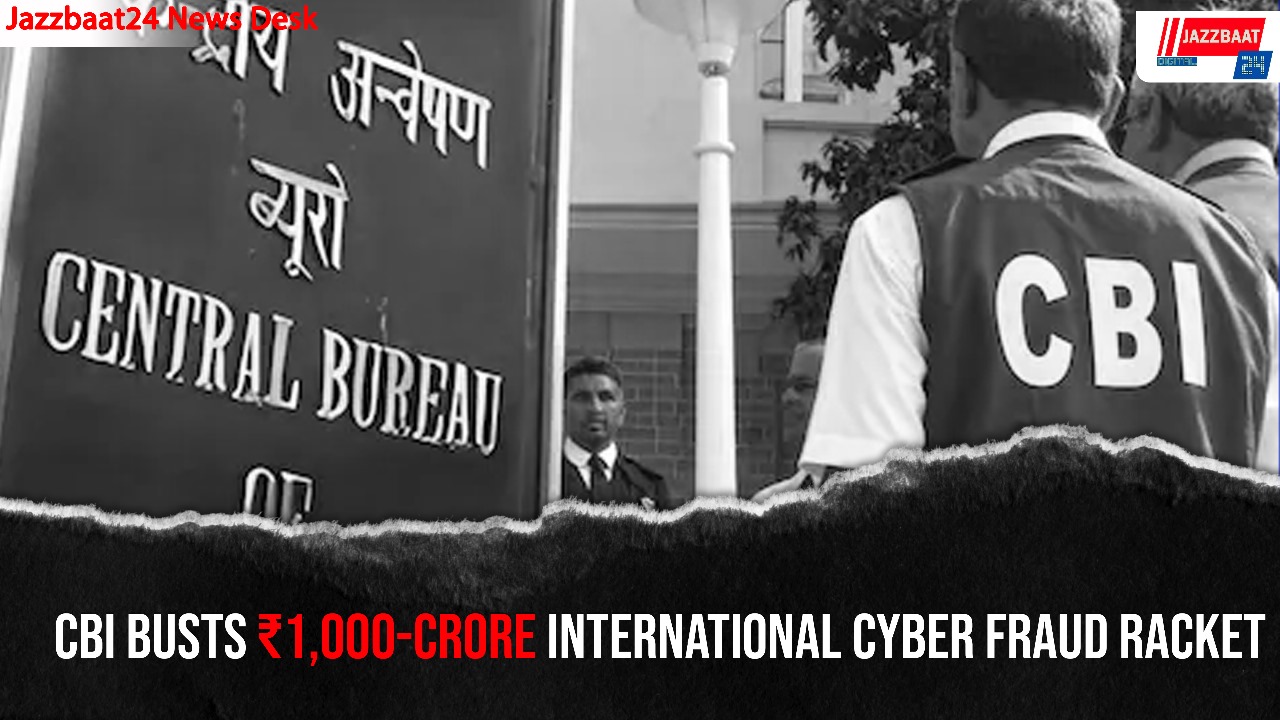BJP Backs Off: Far from Dubey, Sharma's SC Remarks
The Bharatiya Janata Party (BJP) has formally distanced itself from the recent remarks of its parliamentarians Sudhanshu Dubey and Subhash Sharma, seen as attacking the Supreme Court. In remarks at a press conference, they had criticised the judiciary for interfering in parliamentary business, facing charges of eroding constitutional powers. BJP spokesmen Anil Baluni and Nalin Kohli issued a quick denial, saying the party "respects the independence of the judiciary" and that the leaders' comments were "personal opinions, not the party's position."
The outrage followed Dubey and Sharma suggesting judicial review of legislatures' acts, such as passage of the Waqf (Amendment) Act 2025 (now pending challenge in the Supreme Court), as an attack on parliamentary sovereignty. Opposition lawmakers and lawyers like Congress's Abhishek Singhvi were enraged by the news declaring it a negation of the basic structure doctrine safeguarding judicial review. The BJPs action in giving up comes in its decision against further infuriating the judiciary at a time when there are unresolved high-profile matters ranging from election bonds to Waqf reform and Centre-state disputes.
Political pundits believe the BJP's prompt response is an attempt to forestall opposition moves in labeling the party as "anti-constitutional" ahead of major elections.
Critics instead identify how this incident represents growing tensions between the executive and judiciary, particularly on areas where judicial overreach is against government policy. The recent Supreme Court judgments on demonetization, Article 370, and CAA-NRC have already evoked contrasting reactions from parties, based on the precarious stability of power within India's democratic setup.
The party's reassertion of judicial independence is an effort at projecting constitutional decency, but the episode can be open to controversies concerning the institutional autonomy of the courts and the line of parliamentary powers.





